Moorland poetry, celebrating wetlands and a new festival
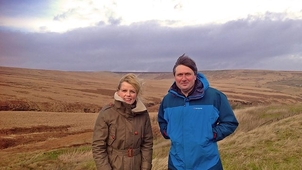
Unlike the vast, rugged landscapes of upland Britain, which have inspired artists for centuries, wetlands may seem to have gone relatively unnoticed by poets, painters and composers. Certainly, they have fallen victim to neglect and destruction since Roman times. World Wetlands Day is held every year to raise awareness of their importance for wildlife, well-being and human survival. NATURAL LIGHT will mark World Wetlands Day on 2 February with musings and music.
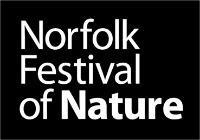
Check our What's On page for more inspiring nature-themed events, or get in touch to add your event to the calendar.
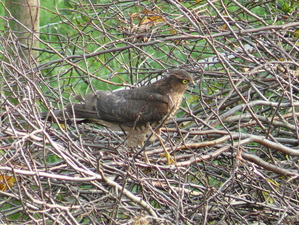
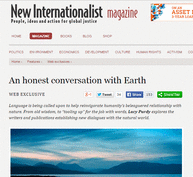
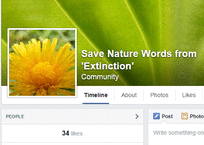
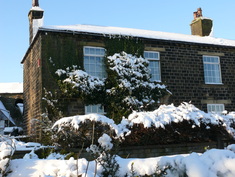
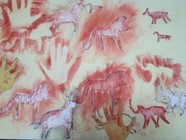
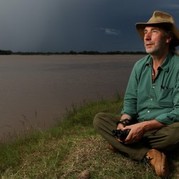
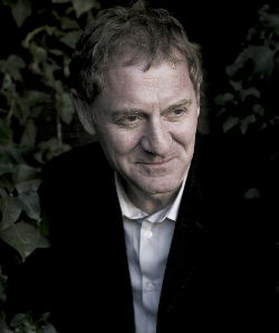
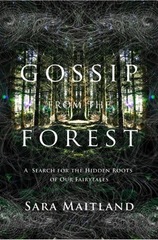
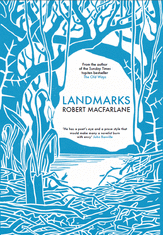
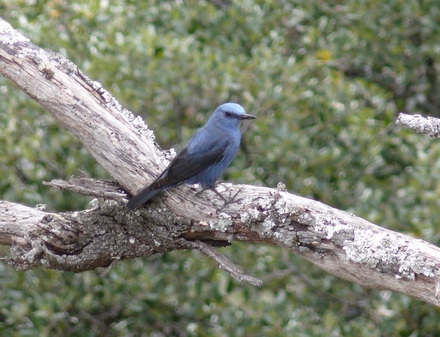
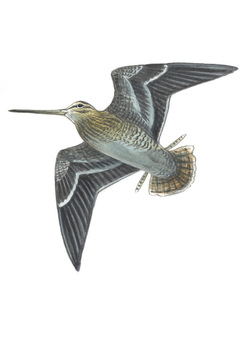
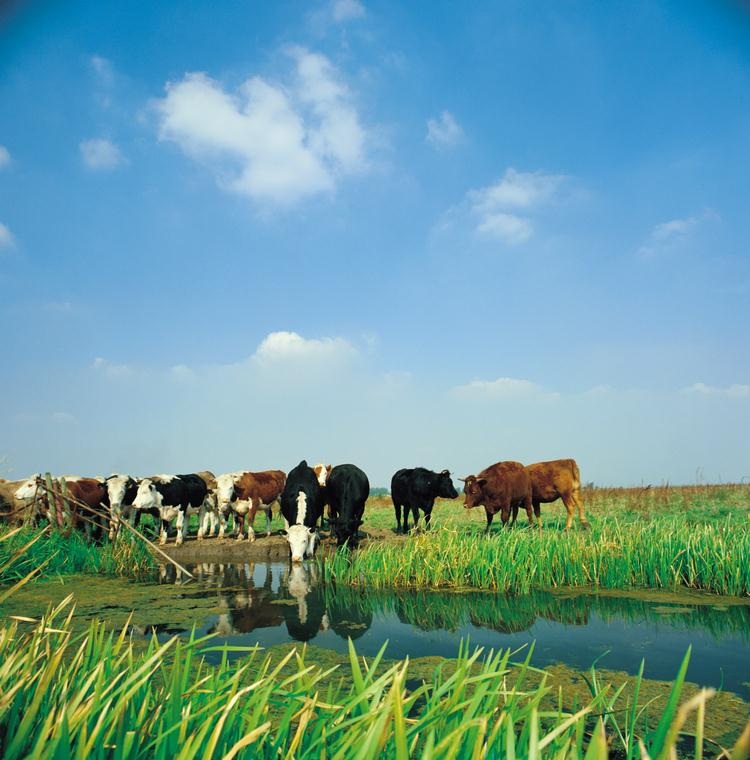
 RSS Feed
RSS Feed
